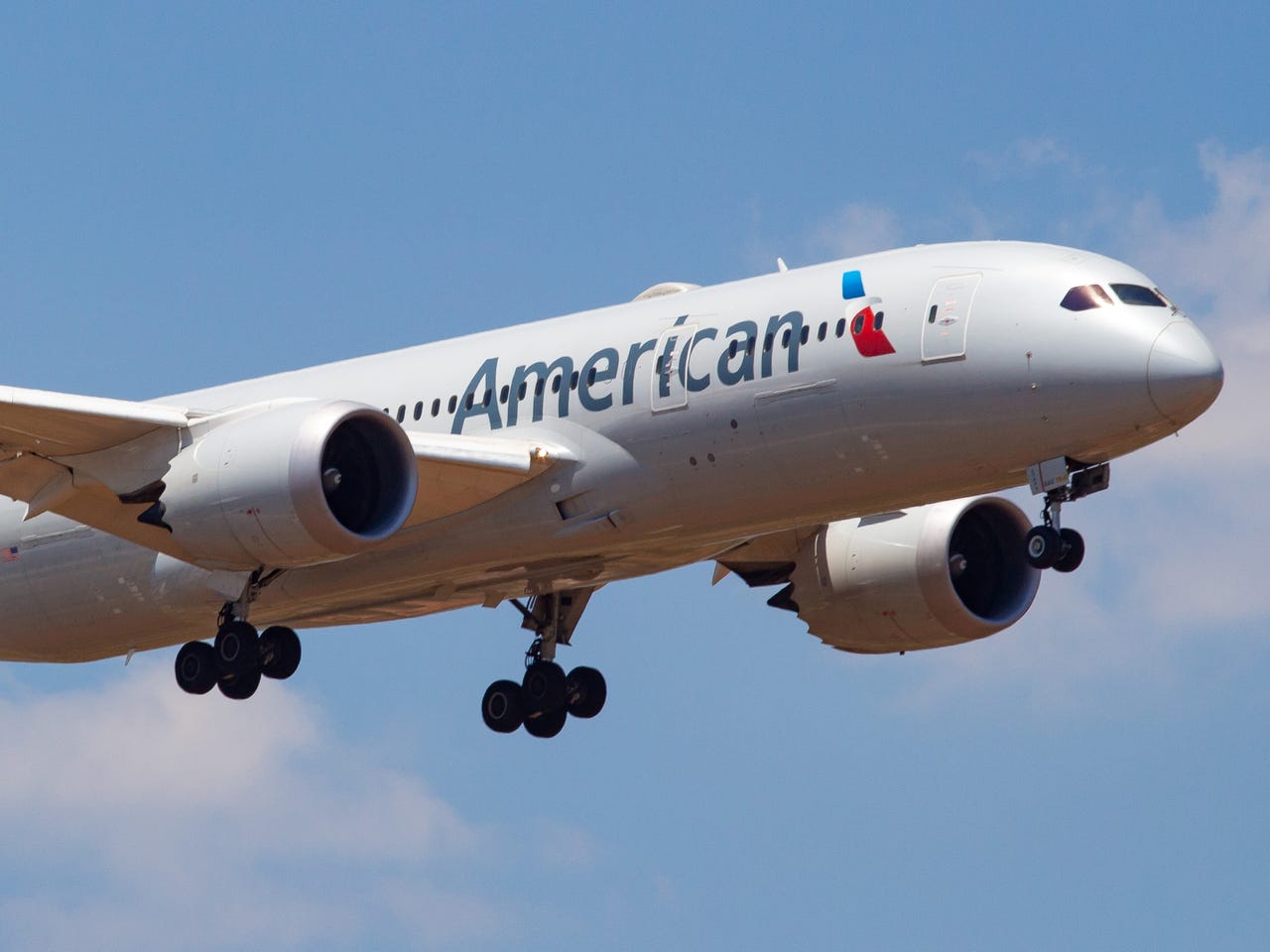American Airlines just showed the door to customers who aren't rich


The door divides?
Airlines have needs.
They tend to revolve around money.
Which is harder to make when you fire a lot of people during the pandemic and then find it difficult to hire more people once the pandemic begins to recede.
Despite the claims of many, business travel hasn't reached pre-pandemic levels. Leisure travelers, however, are desperate to get on a plane and get out of wherever here is.
So how can airlines make more money out of this less-than-ideal situation?
A clue emerged last week when details of a new American Airlines plane were leaked.
As the Points Guy reported, the airline is expecting new Boeing 787-9 Dreamliners.
Should you never have flown one of these things, they're smaller than your older-world large plane and have quite a few comfortable, modern aspects, such as progressive window shades.
What's different about American's latest Dreamliners is that they lean much more heavily toward customers who have, well, a lot more money.
These will have 51 Business Class seats. No, wait. 51 Business Class pods.
And these pods have doors. Welcome to the gated community, at 36,000 feet.
The latest Dreamliners will also have 32 Premium Economy reclining seats.
In total, there'll be 41 fewer seats on these planes, as compared to American's previous 787-9s.
It's easy to fly to conclusions.
American must believe that some people have made a lot of money over the last couple of years. Whether they're flying on business or not, they're prepared to spend more money to have a more refined flying experience -- these days, that's a relatively refined experience.
American will, then, cater to them in the belief that more margin can be made from offering (a higher level of) exclusivity.
The airline isn't alone in trying to find customers prepared to spend more for something that's even slightly better. Even Southwest, for example, has allowed its enhanced business offerings -- such as they are -- to appear on aggregator Kayak, but only for those who are part of a company.
Some will muse that this separation of the haves from the have-nots reflects the increasing inequality infecting society.
The experience can be exacerbated on planes when Economy Class passengers board and walk past Fancy Class passengers who are already on their second glass of champagne.
Research has even suggested that walking past fancy seating is linked to increased unrest among Economy Class passengers. You'd think that airlines have already had enough unrest from passengers during the pandemic.
And did I mention that airfares have recently risen by around 20%?
One can absolutely understand American's thinking. This is about money and a perception of who the most profitable future flyers will be. It's entirely clear commercial thinking.
But it's a slightly difficult situation. It's not like a restaurant, where the food is the same, the ambiance is the same, but some people order ridiculously priced wine. It's a completely different experience.
Of course, American isn't the first airline to offer doors for high-paying customers. But the timing of the news here may, to some, feel awkward.
They may see a greater, more palpable division of a potentially uncomfortable kind. And somehow emphasized by the introduction of new, sliding doors for the posh.
If you're a regular American Airlines Economy Class customer and you have to walk through the gated community, how will you feel when you get to your own seat? Oh, I may have forgotten to mention it. Economy Class seats aren't changing from the last iteration of this plane.
Dear American Airlines Economy Class passenger, please try and tolerate it.
One day, you might get the chance to fly in the gated community and open a door to your seat.
It's what they call the American dream.